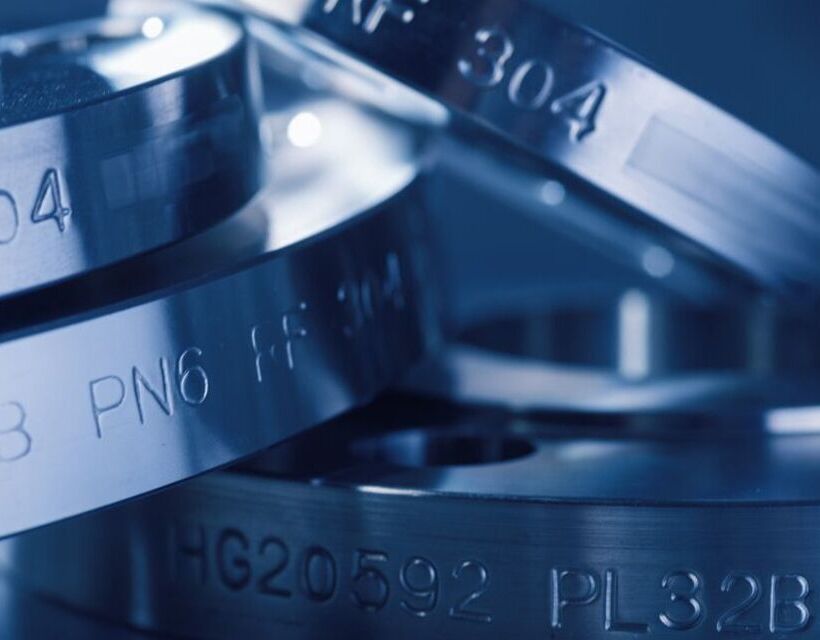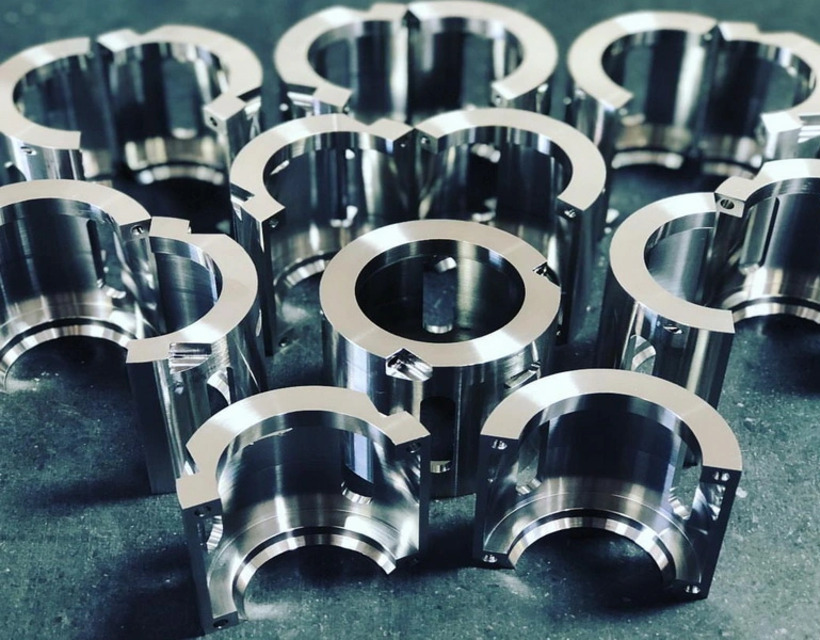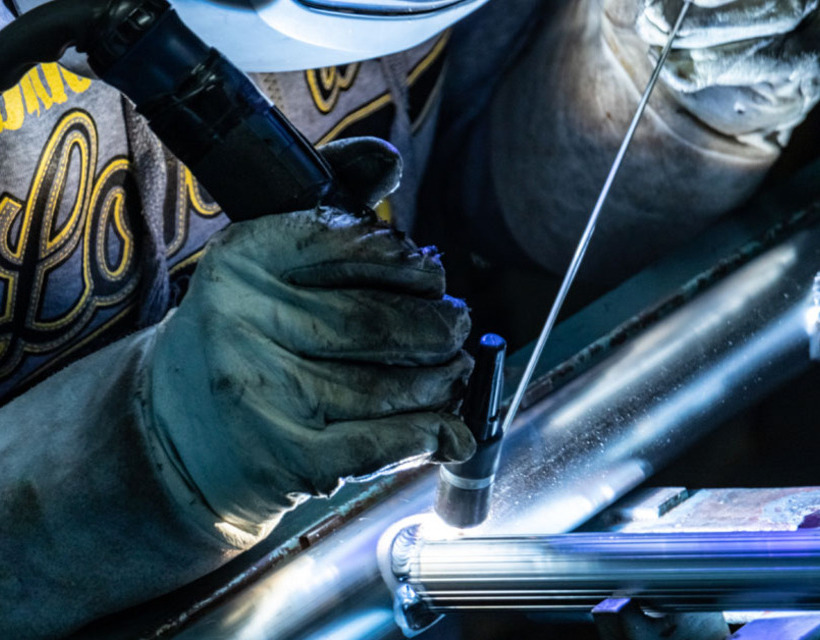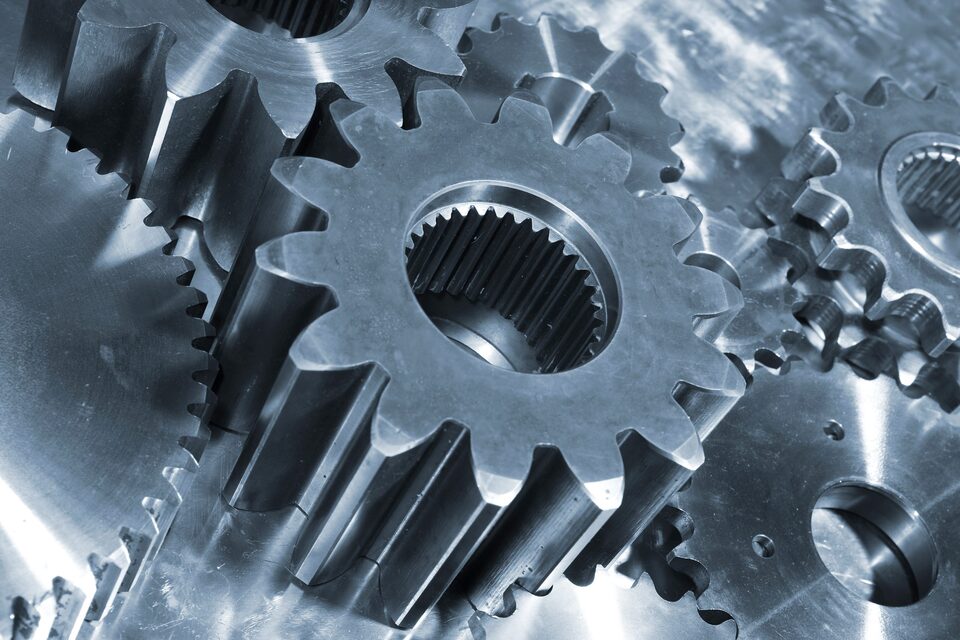When it comes to steel grades, there are a lot of choices. You need to choose the best one for your needs, and that can be hard when you don't know the difference between them. But don't worry! We're here to help.
In this article, we'll compare two popular steel grades: 4140 and 4130. We'll look at their applications, welding properties, cost comparisons and more - so you can decide which one is right for you.
Whether you're a hobbyist or an experienced professional in the construction industry, this article will give you everything you need to know about 4140 vs 4130 steel – so let's get started!
Overview of Steel Grades

You're about to learn all about the different grades of steel, so buckle up and get ready for an exciting ride! Steel is a key component in many construction projects and everyday items. It's used for everything from bridges and buildings to cars and kitchen gadgets.
With so many uses, it's no wonder that steel comes in various grades. Steel grades are based on their composition, hardness, strength, and other properties. Depending on the application, some steels may be more suitable than others.
For example, 4130 steel is often used in aircraft components due to its high level of strength-to-weight ratio while 4140 is often used for automotive applications because of its machinability properties.
So now you know the basics of steel grade selection - pick your material wisely!
Comparison of Steel 4140 and 4130
Comparing 4140 and 4130, it's worth noting that 4140 has a higher tensile strength of 827 MPa compared to 414 MPa for 4130. This means that 4140 is a better choice when looking for an alloy steel with superior strength.
But as you weigh up the options between 4140 and 4130, it's also important to consider other properties such as machinability, welding characteristics, and cost.
When looking at these additional qualities, 4140 takes the lead again with superior machining capabilities in comparison to 4130. It can also be welded easily thanks to its lower carbon content than other alloys like 4340 or 4330V.
In terms of cost-effectiveness, both steels offer great value for money so they are evenly matched on this front too!
Ultimately, it comes down to the specific application needs when deciding which one is best - if strength is top priority then choose 4140; otherwise go with 4130 for its other advantages.
Applications of Steel 4140
With its superior strength and machinability, 4140 is an ideal steel for a wide range of applications where precision and performance matter! From shafts and gears to aircraft parts, 4140 is the choice for those who demand quality.
It's high carbon content allows it to be heat treated to increase strength and wear resistance. In addition to its toughness, it has good fatigue properties due to its low alloy content. This makes it perfect for use in components that are exposed to extreme temperatures or pressures.
4140 can also be forged into complex shapes without losing any of its strength or durability - making it one of the most versatile steels on the market. Whether you're building a car engine or creating industrial machinery, 4140 will give you the edge you need when precision counts!
Applications of Steel 4130

You'll find 4130 steel an ideal choice for parts that require a combination of strength and flexibility. Its low-alloy content makes it more pliable than other steels. Its superior machinability also means it can be crafted into complex shapes with ease. This gives you impressive results without sacrificing durability.
From automotive components to home improvement projects, 4130 is the perfect solution when you need something tough enough to handle any job. With its impressive combination of strength and malleability, this versatile alloy will make sure your projects look and perform their best.
Whether you're tackling a major project or just looking for something reliable, 4130 steel is the way to go. You can trust that it will get the job done right every time!
Welding Properties of Steel 4140
For an unbeatable combination of strength and flexibility, 4140 steel is the ultimate welding choice! Its impressive weldability makes it the perfect material for any project that requires a robust solution.
It can be used in many different types of structural components due to its ability to resist thermal fatigue cracking which often occurs with other weaker metals. Not only is it resistant to cracking, but its high levels of ductility make it easy to work with too.
With excellent resistance to wear and tear, 4140 steel is sure to provide long-term reliability for any welding project. When using 4140 steel for welding projects, you can rest assured knowing that your welds will be strong and reliable.
Its low carbon content ensures that welds won't exhibit cold cracks as they cool down after being heated up by the welding process. This makes 4140 an ideal choice for heavy-duty applications where durability is key.
Additionally, this metal's excellent machinability allows for precise fabrication which further enhances its appeal when choosing a metal for your next welding project. No matter what type of welding job you have in mind, 4140 steel provides all the necessary properties needed for success!
Welding Properties of Steel 4130

4130 steel is a great option for welding projects. It offers superior strength and flexibility, as well as an impressive ability to resist thermal fatigue cracking. Additionally, it boasts excellent machinability properties, allowing for precise fabrication with ease - making it up to four times faster than other metals!
Whether you're looking for a reliable metal for large-scale industrial projects or simply need something that can provide consistent quality in smaller scale applications, 4130 steel is the perfect choice. Its malleability makes it easy to customize according to your needs, while its durability ensures that your welded components won't break down over time.
With all of these benefits combined, it's no wonder why so many professionals and hobbyists alike have chosen 4130 steel as their go-to welding material.
Cost Comparison of Steel 4140 and 4130
Comparing the costs of Steel 4140 and 4130 can be a tricky task - but luckily, you don't have to figure it out alone! With our help, you'll be able to find the perfect fit for your budget without sacrificing quality.
Here are three factors that can influence the cost of either steel:
- The grade of each steel: 4140 is usually more expensive than 4130 due to its higher carbon content and superior strength.
- The availability of each steel: If one type is more readily available, it may be cheaper than another type which requires special ordering.
- Specialty treatments or coatings: Depending on what kind of treatment or coating the steel needs, this could add an additional cost onto either option.
Making sure you get everything taken into account when comparing these steels will ensure that you make an informed decision that fits your exact needs and budget.
We understand how important it is to get the right product at the right price – that's why we're here to help!
Advantages and Disadvantages of Steel 4140 and 4130
Discover the pros and cons of Steel 4140 and 4130 to make a decision that best suits your needs - without sacrificing quality!
Steel 4140 is known for its superior strength-to-weight ratio, making it an ideal choice for applications where weight is important. Its wear resistance and toughness make it suitable for parts used in heavy machinery, as well as components that require superior fatigue life.
On the other hand, 4130 steel is a bit softer and more formable than 4140, making it preferable if forming or welding are involved in the application. It also offers good machinability at higher strength levels, making it easier to cut compared to 4140. However, due to its lower hardness level, it may not be able to withstand as much wear as 4140 can provide.
Ultimately, both steels offer great performance but depending on your needs and project requirements, one may be better suited than the other. Do your research and weigh up all of the advantages and disadvantages before you decide which steel type is right for you!
Conclusion
In conclusion, both 4140 and 4130 steels offer great performance for different applications, so it's important to consider all of their advantages and disadvantages before deciding which one is right for you!
Making the best choice between these two materials can be difficult, but by taking into account your specific needs, such as strength, cost, ease of machining or heat-treatability, you can make an informed decision that will benefit your project.
You don't have to choose either one exclusively; depending on the situation you may find yourself using a combination of both in order to get the ideal results.
Ultimately, with some research and careful thought about what type of steel will fit your application best, you can find the perfect balance between 4140 and 4130 that works for you.
